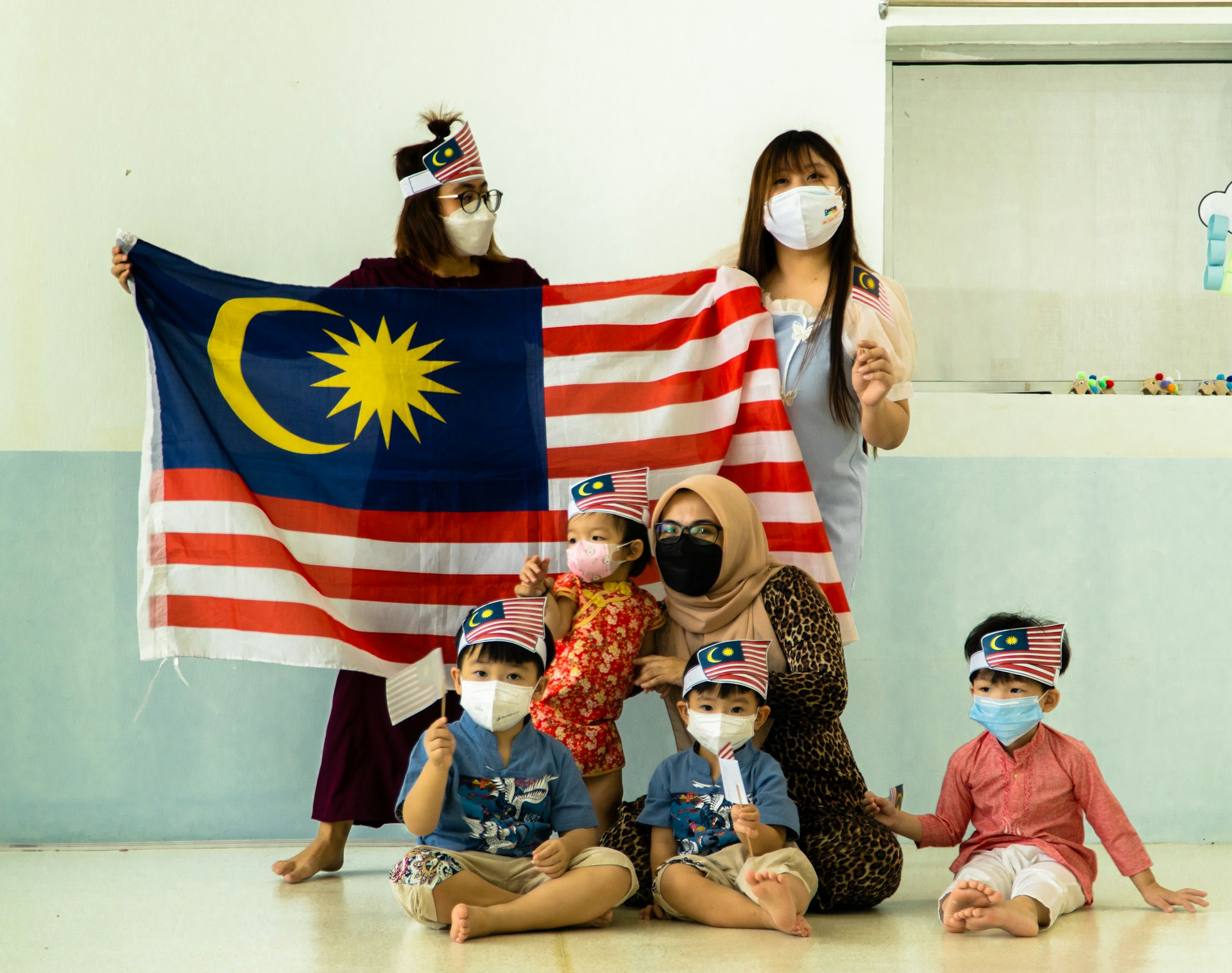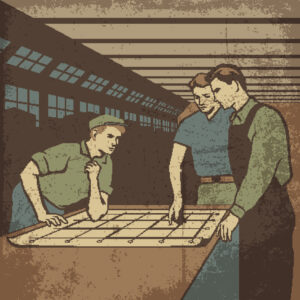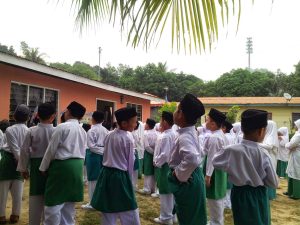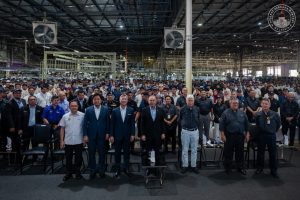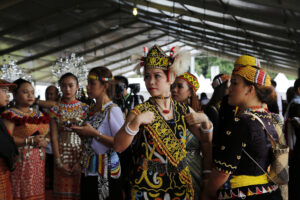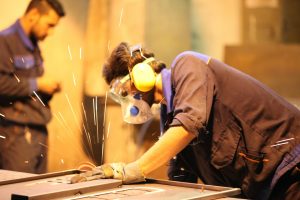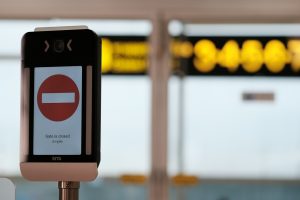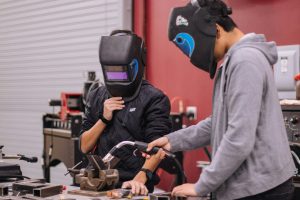Our social media feeds today point to a bottomless list of issues that we Malaysians argue about, ranging from eligibility of petrol subsidies, and public university admissions to the renaming of Port Dickson, and the types of food at highway rest stops (R&Rs). While disagreements are common in a democratic discourse, a look through comment sections and subsequent related postings unmasks an uglier side of our exchanges. The way most interactions have descended into race-baiting, toxic name-calling, and hateful comments is worrying and demands our immediate attention.
Playing up our fear and anger, profit-driven algorithms unleash the worst parts of ourselves. Each content is served in a carefully curated package of controversies, clashes, and conflicts to bait us. Delivering that much needed dose of dopamine to trigger the primal side of our brains. Not towards any productive ways. But to like, retweet, reshare, repost, comment, or get sucked into endless online fights. Before long, our day’s gone, and we are nowhere near scratching that nagging itch. “Perhaps, it will be better tomorrow”, we tell ourselves, only for the cycle to repeat itself like Olivia Rodrigo’s pop hit “Déjà vu”.
Meanwhile, social media platforms rake in billions of profits. Feeding on our outrage makes good business for these social media tech giants while, at the same time, allowing bad-faith actors to promote divisive exclusionary narratives that either advance their narrow political interests or contribute to their personal and financial gain.
If we were tribal before, social media has amplified that by leaps and bounds. We see the world through a filter of our own grievances and view every interaction as a zero-sum contest between “us” and “them”, nothing in between. We abandon the pursuit of common understanding, shrinking the space for dialogue.
Throughout this process, we dehumanise those whom we disagree with and, bit by bit, we lose a piece of our own humanity. Hating becomes easier, sometimes normalised. Take political identities for example – partisan identities in Malaysia have long been intertwined with ethnicities and religious creed. When I joined the DAP more than a decade ago, it was not only a rare occasion, but my actions were seen, by some, as sort of a personal affront to their personal beliefs. This has led to me being characterised as the enemy of my community and called many things – khadam (minion) barua (stooge/sellout), kafir (infidel), traitor, and many other unsavoury labels over the years.
While some hateful comments can be attributed to bots or cybertroopers, some do stem from real people sitting behind those keyboards exuding deep hostility. Such behaviours of ‘othering’ political opponents are often implicitly encouraged when some political leaders or lawmakers themselves normalise divisive racial framing in their rhetoric. For instance, in a parliamentary debate exchange on the 13th Malaysia Plan (13MP) last August, the Pendang Member of Parliament had unnecessarily invoked the May 13 communal clash as a way to deliver his point. After all these years, have we not learnt how to disagree with civility without raising the spectre of racial riots at every turn?
Establishing The Rules Of Engagement
We might have differing origin stories, but Malaysia is our home. We have to learn to live with one another as we are held together by the common bonds that make us Malaysians. Beyond the enduring love of local delicacies and seasonal multicultural festivities, as citizens, we also share the responsibility of charting how the nation moves forward while figuring out our common mission and purpose together.
If politics and democracy are a game, let it be a game of persuasion. A high-stakes one since its processes and outcomes profoundly affect many aspects of our real lives, including our livelihoods, and freedoms. Considering this, it is no wonder that we are willing to fight tooth and nail to get things to go our way. But let’s agree to start from the same point by forging shared values such as empathy, compassion, and mutual respect.
Realistically, reaching perfect consensus is impossible. If 10 people from different backgrounds can have different visions of Malaysia’s ideal future, how can we expect more than 21 million voters or 30 million Malaysians to come to an agreement? The short answer – we can’t! Disagreement will persist. The goal should never be to avoid them but to manage differences respectfully and constructively.
Inculcating new norms in engagement based on shared core values creates a safe space for everyone to dream and express their ideas freely while maintaining respect and protecting fellow Malaysians from the harms of exclusionary politics. Let this be the starting point as we build inter-communal trust and resilience.
Politics reflects us as people and as a society. It should not be a spectators’ sport where we cheer on the sidelines. Our choices matter and they extend beyond the ballot box. We are not passive NPCs (Non-Player Characters) in this democracy. Whether we like it or not, we are all active political actors. The choices we make every day, even when it comes to whether to engage or disengage, shape the environment we live in.
As long as we remain engaged in the process, we have the opportunity to shape the nation’s course forward. And that is a perfectly good enough reason to be hopeful.
This is Part 2 of 3 of the “Our Malaysia” series. Part 1 focused on bad-faith actors in our politics. Part 3 will focus on steps we can take as political actors to create a better political environment.

Iskandar Fareez merupakan Naib Ketua Pemuda Sosialis DAP (DAPSY) Kebangsaan dan Ketua DAPSY Bukit Bintang.

